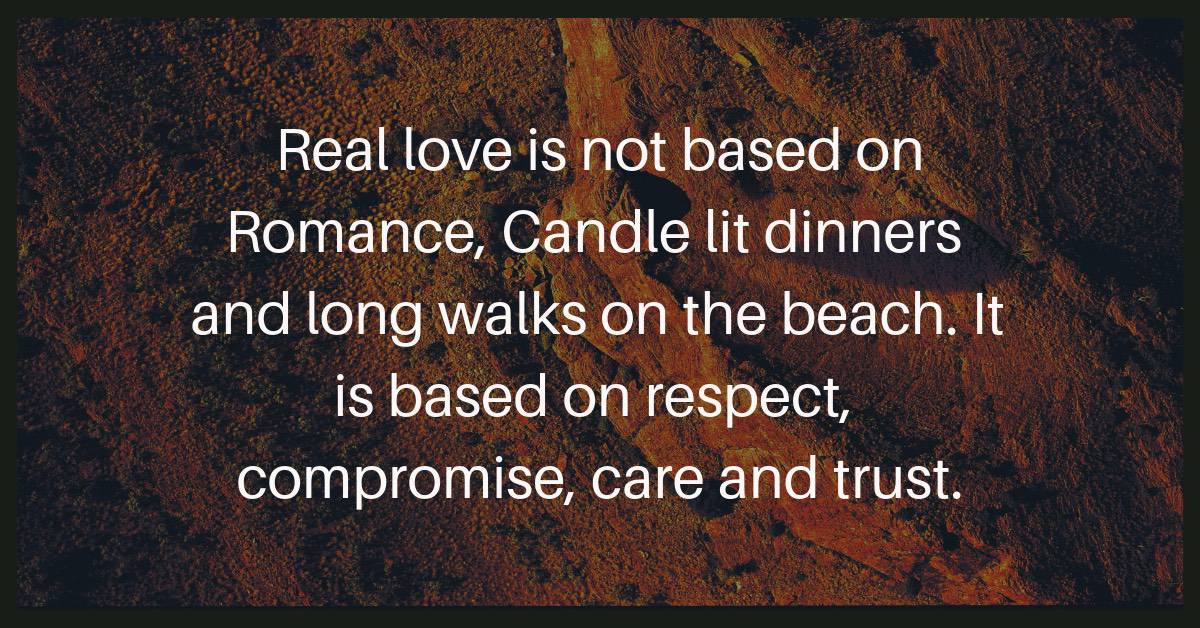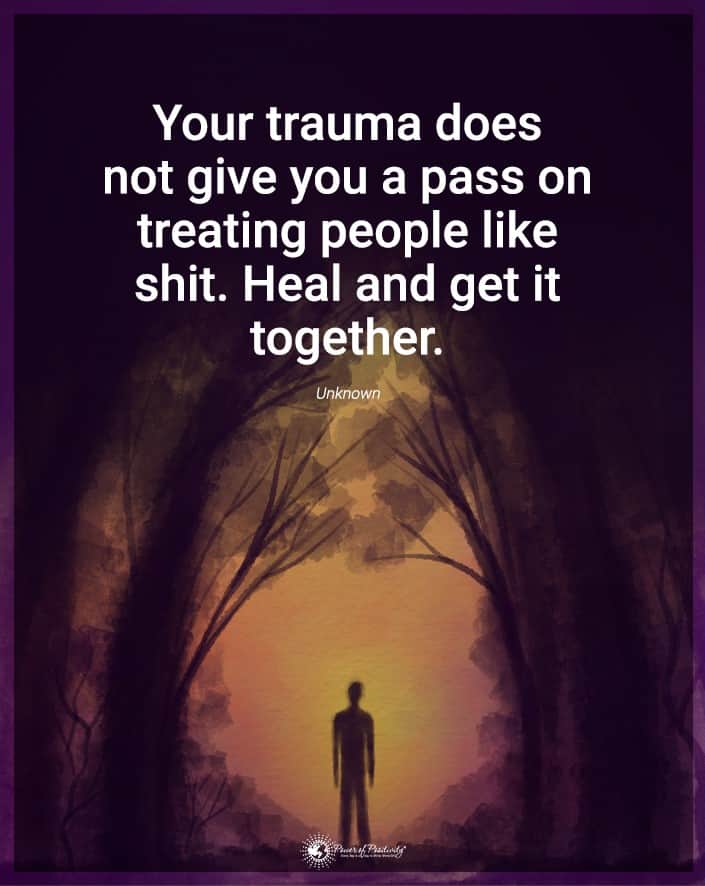A narcissist thrives on feeling superior or more potent than others somehow. Whether that means controlling their partner, bossing their employees around, or flaunting themselves on social media, narcissists need to have the upper hand.
While everyone displays some degree of narcissism, it becomes a disorder when it affects a person’s ability to function normally. The American Psychiatric Association defines Narcissistic Personality Disorder (NPD) as “a pervasive pattern of grandiosity (in fantasy or behavior), need for admiration, and lack of empathy, beginning by early adulthood.”
Because of their self-centered nature, narcissists have a hard time compromising and usually don’t consider the needs of others. As you can imagine, these traits make relationships nearly impossible for a narcissist.
While some people find their extreme self-confidence attractive, they quickly discover the narcissist’s true colors. At first, the narcissist may appear charming, self-assured, and empathetic, but this act doesn’t last long. People with NPD have learned that “love bombing” and flattering others make it easier to manipulate them.
After all, if you have your guard down, you won’t notice the red flags until the trap snares you. The narcissist will have you in their grasp and blame you when any part of the relationship goes south. You may have fallen in love with them, making it harder to escape a toxic relationship.
Of course, you can avoid all of this unnecessary pain and turmoil by knowing the warning signs of a narcissist. Below, we’ll discuss a few symptoms and causes of NPD to paint a clearer picture of this disorder. Hopefully, this will help you understand why relationships with a narcissist usually don’t pan out.
What is Narcissistic Personality Disorder?
As we said earlier, NPD presents as a pattern of self-centeredness, lack of empathy, and need for constant validation. Many people fall somewhere on the spectrum of narcissism, as a sense of self-preservation ensures our survival. However, NPD goes beyond having a normal ego and into the realm of pathological behaviors.
To compensate for their lack of self-worth, people with NPD develop an inflated ego and crave validation from others. So, they don’t feel confident since they need acceptance and admiration from outside sources. As humans, we naturally want to belong in a group, but narcissists take this survival mechanism to the extreme.
They need to have someone worshipping their existence, stoking the flames of their ego almost constantly. Otherwise, their power diminishes if no one pays attention to them. Experts estimate that NPD affects around 0.5% to 5% of the US population.
Because of their self-absorption, narcissists can’t have healthy relationships unless they seek treatment. Relationships with a narcissist will always remain one-sided since they lack empathy and concern for others.
However, we want to clarify that narcissists deserve love just like humans. With the proper treatment, people with NPD can enjoy stable, fulfilling relationships. But, until they agree to seek help, narcissists can inflict psychological or even physical harm on loved ones, whether intentionally or not.
9 Key Behaviors that Reveal NPD
According to the Diagnostic and Statistical Manual of Mental Disorders (DSM–5), having at least five of these behaviors indicates NPD:
Having a superiority complex:
- A grandiose sense of self-importance (e.g., exaggerates or even fabricates achievements in hopes of receiving praise from others)
- A belief that they possess special or unique qualities; as such, they only want to associate with other “special” people
- Arrogant or boastful behaviors and attitudes
Having fanciful goals or demands:
- Unrealistic expectations of favorable treatment and a sense of entitlement
- An obsession with success, power, brilliance, beauty, or “perfect” love
- An excessive need for admiration or acceptance
Lacking concern for others or seeing them as inferior:
- Exploits or manipulates others to serve their interests and achieve goals
- A lack of empathy for others or unwillingness to understand others’ needs
- May envy others (but never show it) or believe that others feel jealous of them
What Causes NPD?
Researchers haven’t been able to pinpoint the exact cause of NPD. However, they believe the following factors may influence the development of the disorder:
- Childhood trauma such as physical or verbal abuse
- Genetics
- Personality and temperament (including a propensity for aggression, oversensitivity to distress, and lack of emotional regulation)
- Parenting styles (too passive or neglectful, or overly protective on the other end of the spectrum)
So, now that you know more about narcissism, we will explain why true narcissists can’t maintain healthy relationships.
5 Reasons Narcissists Struggle With Intimate Relationships
1 – Narcissists do not trust others.
In an intimate relationship, both partners become vulnerable, and vulnerability requires trust. Well, how can someone with NPD trust, then? They can’t.
Narcissists may lack emotional intelligence, but they have the mental acuity to manipulate others. As such, they logically comprehend the relationship between trust and vulnerability. Therefore, they will not commit to an actual relationship since they cannot emotionally connect with others.
They will, however, enter into a one-sided “relationship” with the intent to exploit their partner. Because narcissists only think about their needs, they can’t show weakness, vulnerability, or trust. They must appear aloof and emotionally unavailable so no one can hurt them.
2 – They’re always looking for angles.
A narcissist continually looks for new ways to take advantage of others. So, to temporarily feed their insatiable hunger for dominance, they will victimize their partner without hesitation. They may do this by love-bombing their partner in the beginning to gain trust. However, after they get what they came for, the narcissist will eventually turn on their SO.
They prey on empaths and sensitive people for this reason, as a narcissist sees kindness as weakness. Compassionate people represent an easy target since they tend to see the best in everyone. This also makes it harder for empaths to escape a narcissist’s grasp after they become entranced by their charm.
Narcissists give only to take away – including affection, love, tenderness, and devotion. Nothing is real. They never offer love free of charge; they want something in return – not someone. People with NPD likely grew up in dysfunctional environments void of love, so they can’t give what they don’t understand.
3 – Narcissists are prone to abusive behavior.
A 2021 Ohio State University study found a strong correlation between high levels of narcissism and aggression. Their analysis of 437 independent studies across the world revealed a link between narcissistic tendencies and violence. They discovered similar findings across the board in various age groups, genders, countries, and education levels.
This doesn’t mean that every narcissist will display aggressive or dangerous behaviors. However, the odds of verbal, emotional, or physical abuse rise considerably when in a relationship with a narcissist.
4 – There is no “us” for narcissists
Narcissists only view others as a means to an end, unfortunately. Through no fault of their own, they learned to see others as threats. Therefore, they take advantage of people to survive and don’t form emotional attachments to them. When people with NPD enter relationships, they typically have ulterior motives that won’t become clear immediately.
However, after some time with a narcissist, the other partner may notice something that feels “off.” It may seem like their partner doesn’t listen or care about their needs. The narcissist may appear aloof or uninterested in normal relationship activities or conversation. They won’t show empathy or vulnerability when their partner expects it but will demand it of their partner nonetheless.
In summary, being with a narcissist will probably feel much like being alone, but with added stress and frustration.
5 – It’s (probably) impossible.
As we said earlier, without proper treatment, narcissists probably cannot have loving, healthy relationships. Until they can heal their relationship with themselves and others, they will only look out for their interests. Therefore, relationships with them will almost always end in disappointment and even trauma.
You may feel loved and in love with a narcissist, but only because you have blinders on. When you remove them, you see through their lies, manipulation, and abuse. After stepping back from the situation, you realize that they only loved what you could give them.
Final Thoughts on Why Narcissists Can’t Have Healthy Relationships
Narcissistic personality disorder (NPD) doesn’t just affect the person with this particular pathology. When unhealed narcissists enter relationships, they inevitably wreak havoc on the lives of those who cross their path. Narcissistic abuse can cause lasting trauma for exes, family members, and friends. Treatments for NPD exist, but many people avoid seeking help because they see no problem with their behavior.
However, an unhealed narcissist cannot have healthy relationships because trust and vulnerability would require. They can’t let their guard down and allow anyone into their heart if they’re still in survival mode. So, avoiding intimate relationships seems like the most responsible, logical course of action for their sake and others.
While mental illness isn’t the victim’s fault, the responsibility of seeking help still falls on their shoulders. Treating NPD involves a long, slow process and more talk therapy than other disorders, but it can be managed. After narcissists recognize that they need help, healthy relationships could be on the horizon.

















 Community
Community

